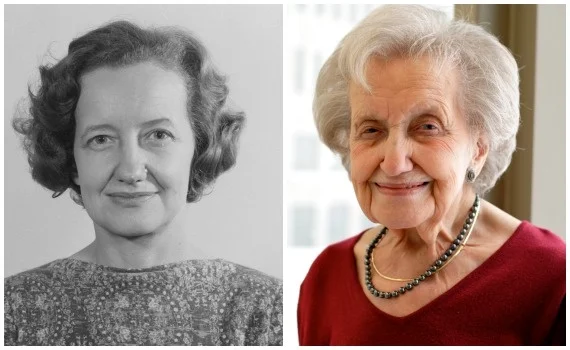Highlights from 2008:
Early in the year (#30) I discussed language evolution. My criticism of Noam Chomsky's claim that human language results from a Universal Grammar Module generated quite a bit of discussion. My main purpose was to emphasize that current neuroscience does not support this hypothesis. I discussed Chomsky's work in follow-up interviews with Dr. Michael Arbib (BSP 39) and linguist Alice Gaby (BSP 41).
It is my impression that, at least to some extent, this debate comes back to the age-old "nature versus nurture" controversy, which I discussed more explicitly way back in Episode 4. The evidence seems to be mounting that human intelligence is a product of both processes.
There is no doubt that the capacity for language is inherited, but brain plasticity appears to be equally important. One piece of evidence for this is that the changes in the brain that occur when people learn to read are different between languages like English and German and those like Chinese and Japanese. (Episode 24 and Episode 29)
We had 17 guests on the Brain Science Podcast in 2008, so I can't mention them all here.
John Ratey, MD: In Episode 33 we talked about exercise and the brain, while in Episode 45 we talked about ADD.
Robert Burton, MD: In Episode 43 talked about the implications of the discovery that our sense of knowing (feeling certain) is generated by parts of the brain that are outside our conscious control!
John Medina, PhD: In Episode 37 we considered the practical implications of neuroscience, such as the importance of getting enough sleep and why true multi-tasking is actually impossible.
Dr. Brenda Milner: In Episode 49 this pioneering neuroscientist shared highlights from her long career.
Another highlight was our first live podcast, which was recorded at Dragon*Con in Atlanta, Georgia on August 31.
In the fall I returned to the subject of evolution with a three part series on the evolution of the brain.
Episode 47, Episode 48, and Episode 51.
Episode 51 is an outstanding interview with Dr. Seth Grant in which we discuss the surprising discovery that synapse complexity seems to have evolved BEFORE larger more complex brains.
Online Resources for Listeners:
I encouraged listeners to frequent this website and to subscribe to the RSS feed so as to receive information between posts.
I encouraged listeners to explored the sidebars and tabs on the website for links to other sites of interest.
I reminded listeners that this website includes a complete listing of previous episodes as well as a list of all the guests that have been on the show.
It is now possible to support the Brain Science Podcast via both PayPal and by direct mail.
I encouraged listeners to participate in our Discussion Forum and to post pictures to our Flickr Group.
I invited listeners to contribute content to the Brain Science Podcast Room on FriendFeed and the new Neuroscience News Network on SocialMedian.
I reminded listeners that my personal blog is now at http://gingercampbellmd.com. This site includes abridged show notes for the Brain Science Podcast as well as the complete show notes for Books and Ideas.
Listeners are encouraged to continue to post reviews on iTunes™, Podcast Pickle, Podcast Alley, Digg, and similar sites. All blog posts and tweets are greatly appreciated.
Send email feedback to Ginger Campbell, MD at brainsciencepodcast@gmail.com










